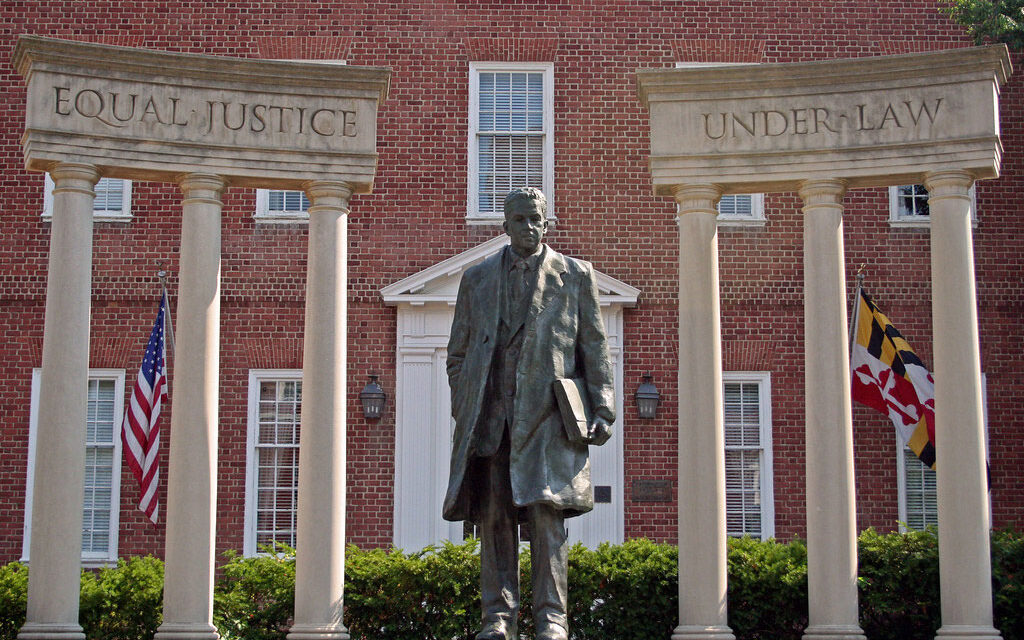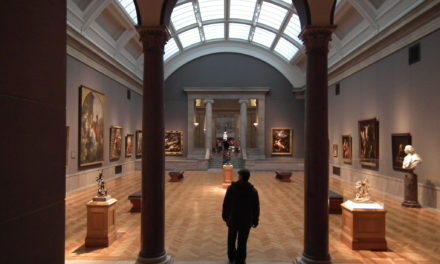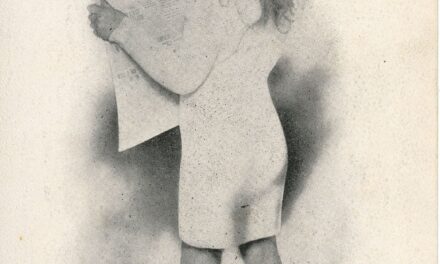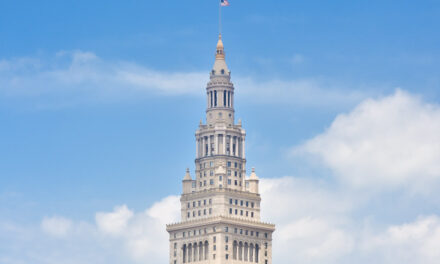CLEVELAND HISTORY
Founding of the Cleveland Gazette (August 25, 1883): The African American weekly newspaper, The Cleveland Gazette, published its first issue. Founded by Allen C. Beach and later edited by Harry C. Smith, it became one of the nation’s most enduring Black publications, continuing weekly for 58 years.
Dedication of Cleveland Convention Center (August 28, 1964): More than 5,000 people attended the official dedication of the Cleveland Convention Center during its 11-day “Parade of Progress.” President Lyndon B. Johnson participated via telephone to signal the opening fountains—signaling a major milestone in the city’s civic and economic development.
One World Day Cultural Festival (August 24, annually): Although the festival date can vary slightly, the Cleveland Cultural Gardens Federation traditionally holds its One World Day celebration around this time. It highlights the city’s diverse ethnic communities with cultural exhibits, music, dance, and a naturalization ceremony.
Hessler Street Fair (August 25–31 range, annually): Cleveland’s historic Hessler Road and Hessler Court neighborhood held its seasonal Hessler Street Fair, celebrating the area’s bohemian arts and music roots. The fair showcases local crafts, folk performances, and unique wooden-paved streets in a cultural throwback.
2014 Gay Games Ribbon–Closing Ceremony (August 16, 2014): Cleveland-Akron hosted the closing ceremony of the IX Gay Games at Cleveland’s Quicken Loans Arena on August 16—slightly outside the range, but integral to the overall event lasting through late August—involving some competitions through August 16. Over 8,000 international athletes participated during the two-week event, which notably boosted visibility and civic engagement.
WORLD HISTORY
Great Moon Hoax Published (August 25, 1835): A series of six articles appeared in the New York Sun claiming astronomer Sir John Herschel’s discovery of life on the Moon. Though later debunked, the sensational stories captivated the public and led to a surge in newspaper circulation.
Liberation of Paris (August 25, 1944): After four years under Nazi occupation, Allied forces and French Resistance units liberated Paris. The city’s liberation restored French sovereignty and marked a key turning point in World War II.
Soviet Union’s First Atomic Test (August 29, 1949): Codenamed “First Lightning” (Joe-1), the USSR successfully detonated its first atomic bomb at Semipalatinsk, ending the United States’ nuclear monopoly and kickstarting the nuclear arms race.
Guion S. Bluford Becomes First African American in Space (August 30, 1983): NASA astronaut Guion S. Bluford Jr. flew aboard Space Shuttle Challenger on mission STS-8, becoming the first African American to travel into space and marking a major milestone in space exploration history.
Thurgood Marshall Confirmed on U.S. Supreme Court (August 30, 1967): The U.S. Senate voted to confirm Thurgood Marshall, making him the first African American justice on the Supreme Court. A prominent civil rights lawyer, he had argued Brown v. Board of Education and later became a key voice in American jurisprudence.







